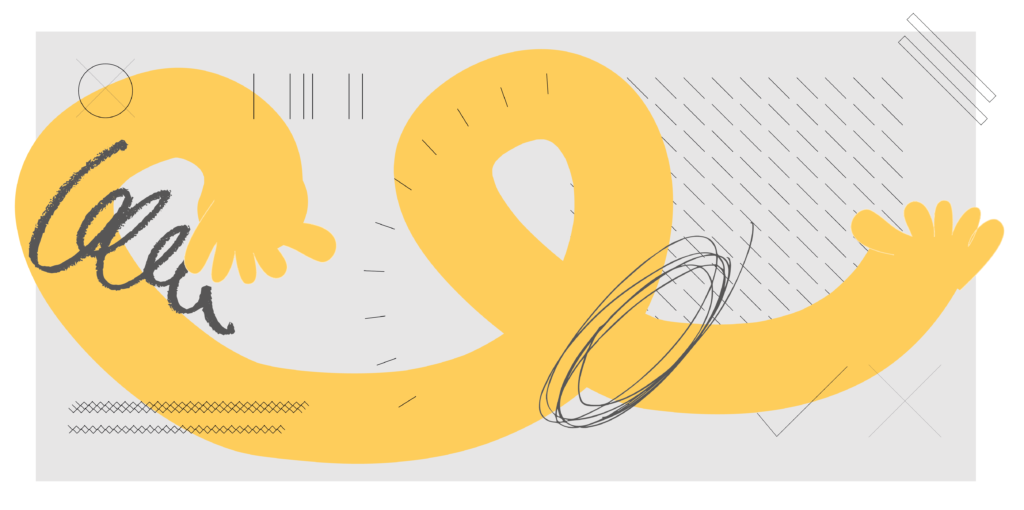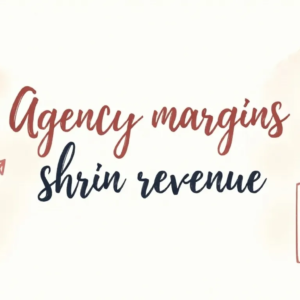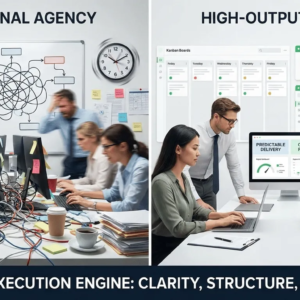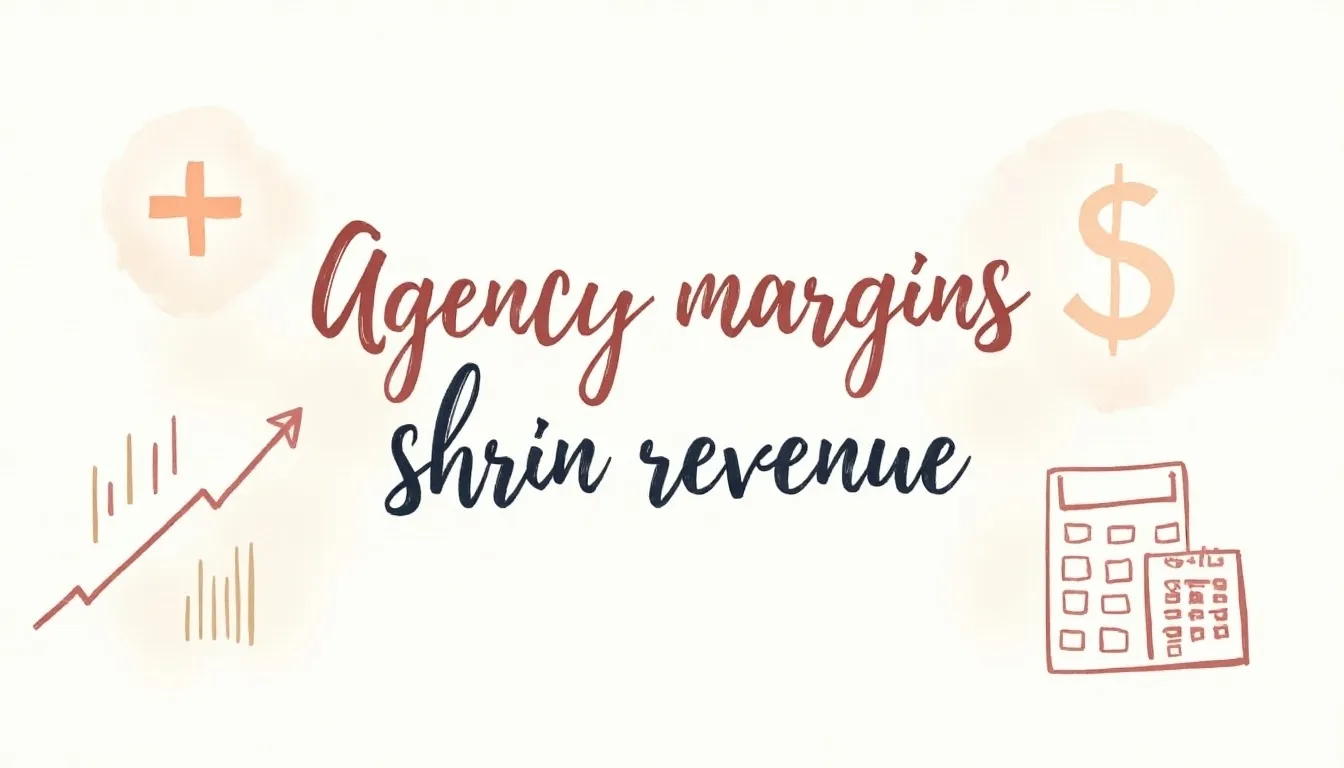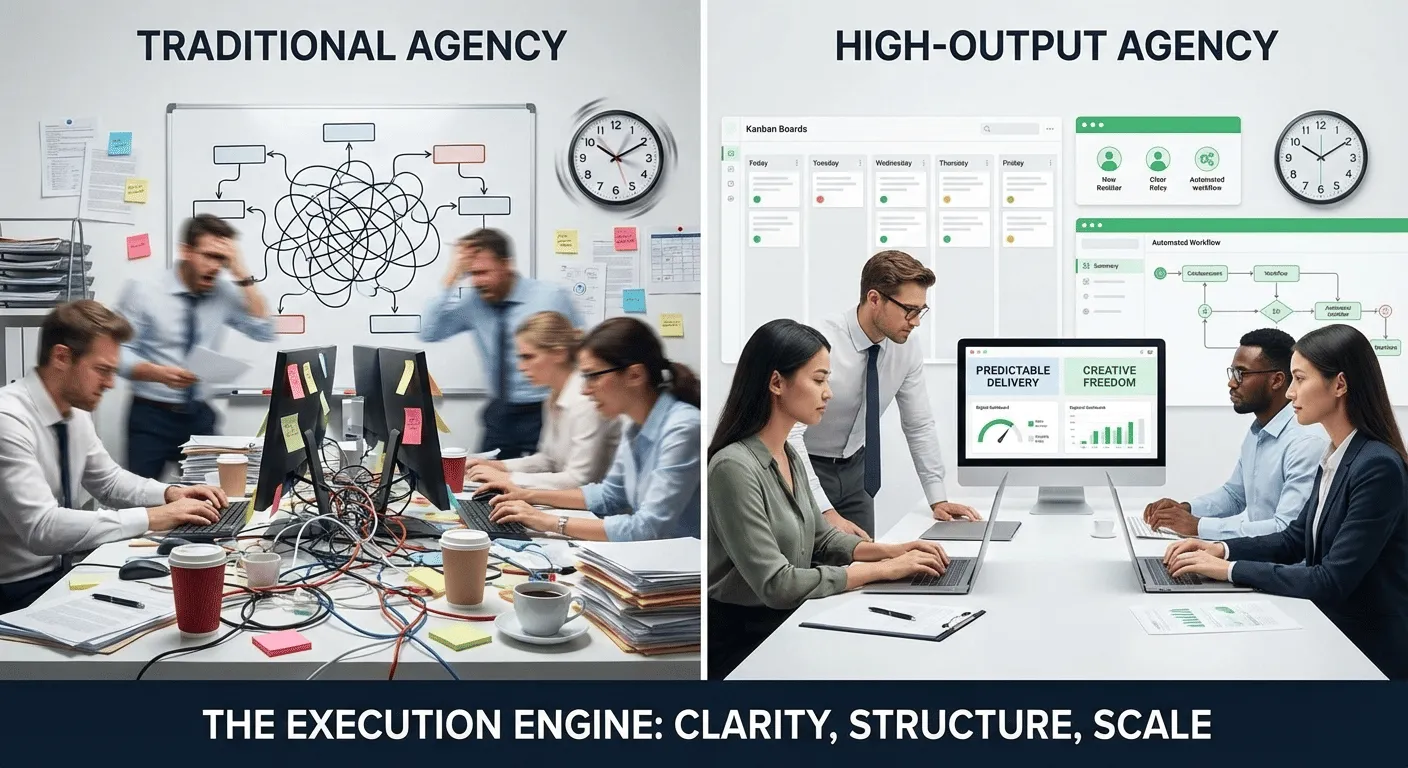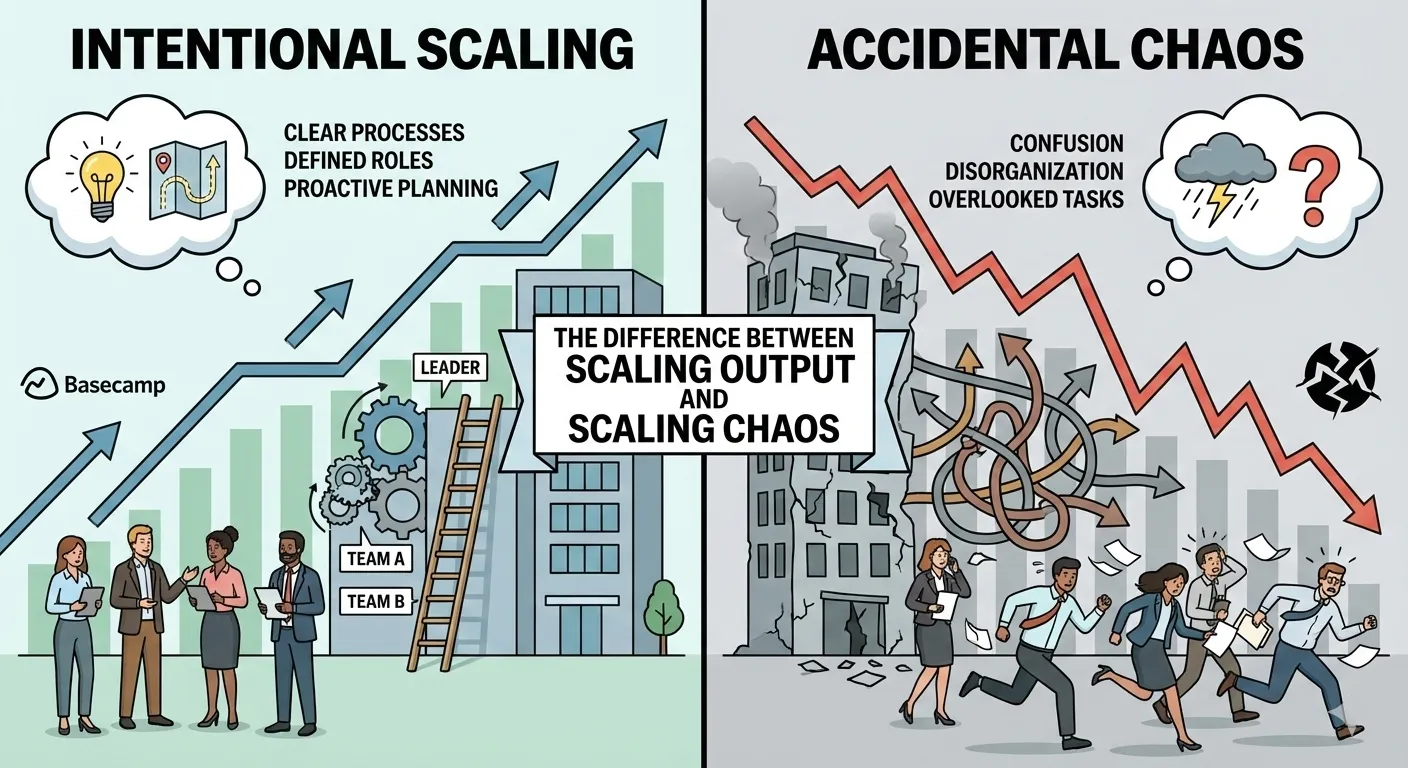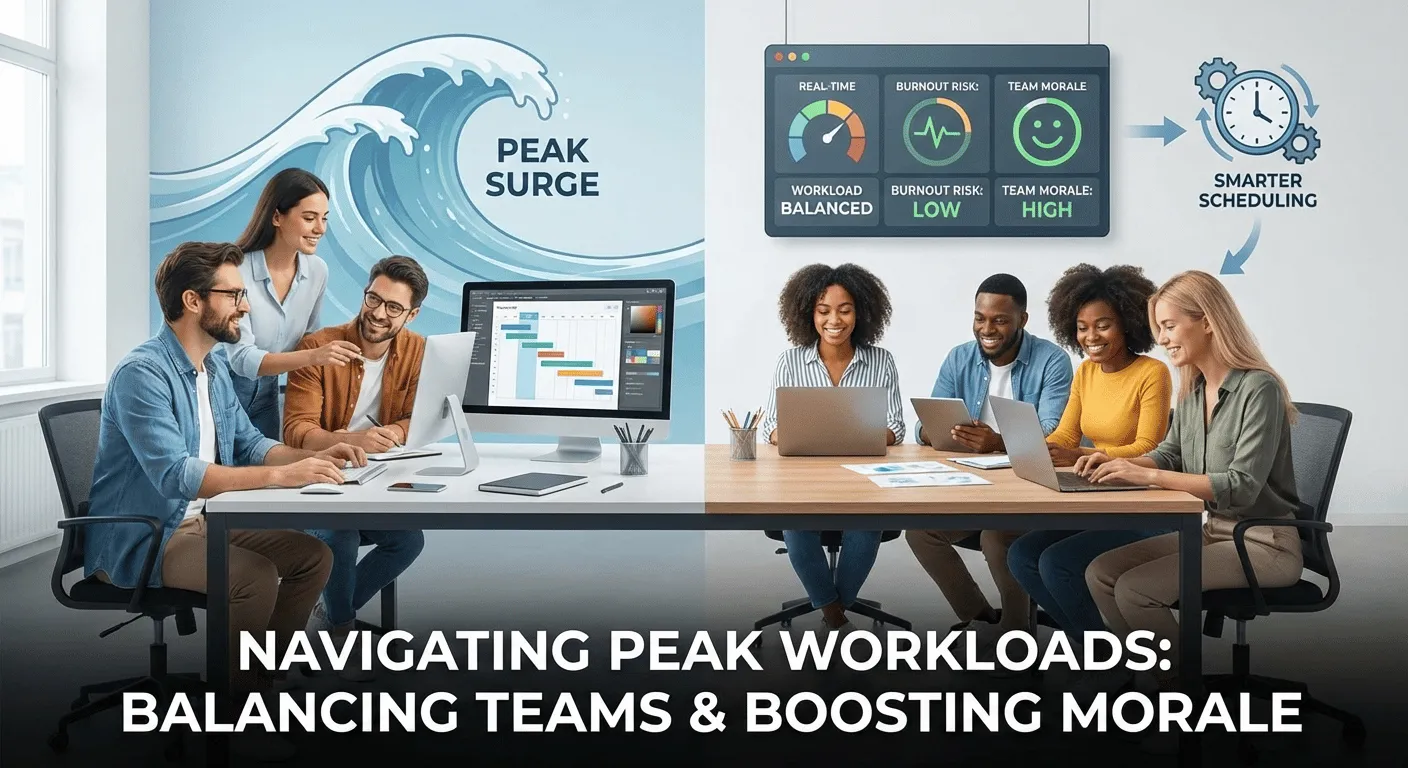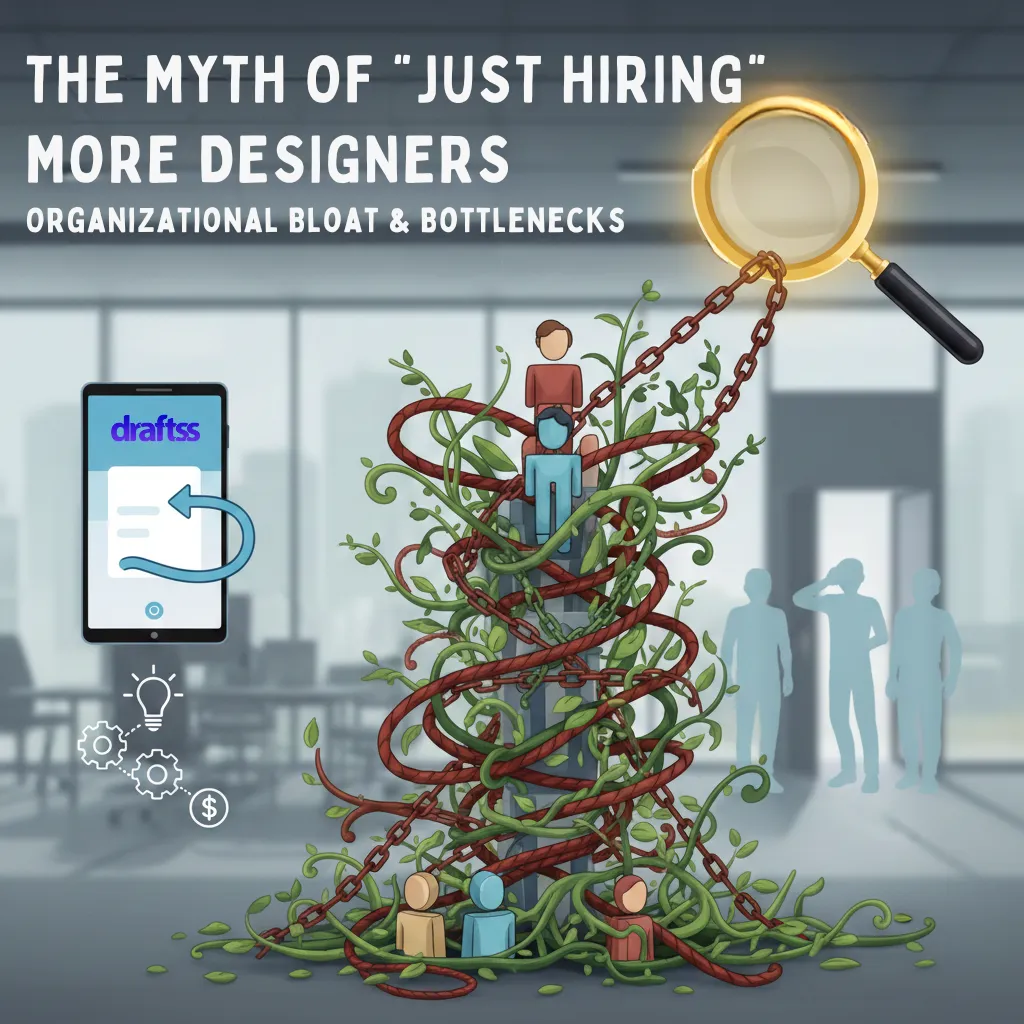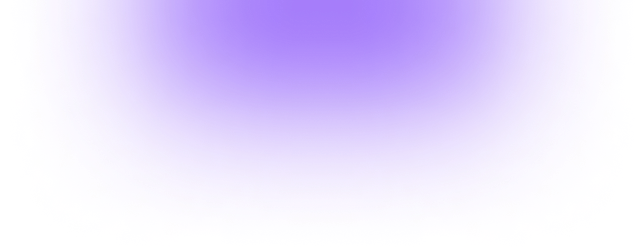Graphic design plays a vital role when developing goods and services for clients. For efficient graphic design, an artist must follow a sequence of steps. It is a way to ensure that you are delivering exactly what the customer needs. For any design team, having a validated graphic design process will lead to better designs, greater performance, and, most notably, a lot of possible frustration. Read on if you are a leading graphic designer or want to know the detailed phase sequence data for the method of graphic design!
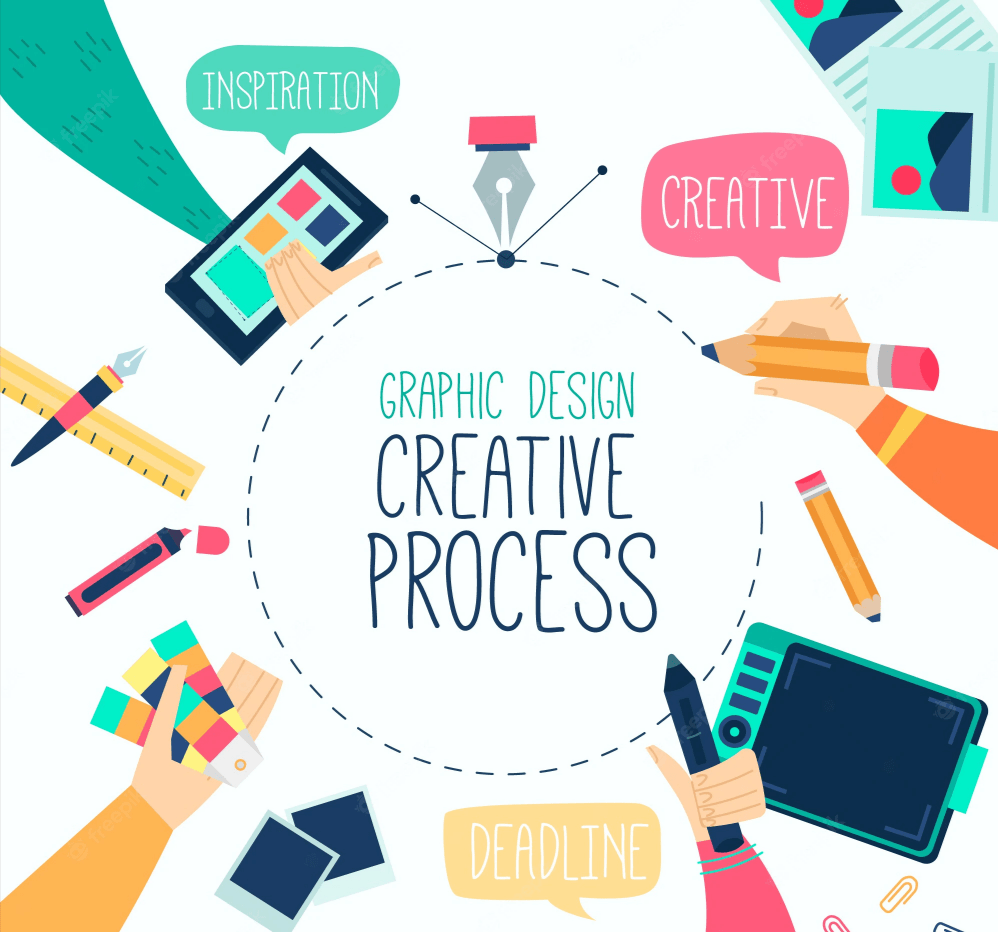
The graphic design process in 6 steps
As with every other project, it is important to ensure the proper flow of activities and to create a procedure. No matter what sort of designer you are, you should follow this graphic design process to produce the highest quality outcomes for all projects you experience.
1. Collecting Data
You may want to include as much relevant data as possible to remove any ambiguity. Before beginning something, you must know exactly what your client wants and needs. Collect all the information, such as asking project-specific questions, taking notes, and, most importantly, understanding their objectives or goals.
2. Research
You must include as much valuable information as possible, depending on the project, to minimize the time spent on this process. However, to build a deeper understanding of the audience, it is also extremely necessary for designers to go through the testing process. The research phase of the graphic design process also involves items such as designers who may want to develop a mood board or series of similar designs to keep their ideas flowing. After that, a graphic designer should have a good understanding of what you want to look for to fulfill your client’s full goals or objectives.
3. Develop a plan
Let them brainstorm some ideas before jumping into a project, & introduce them to you. This innovative process in graphic design will decrease any dissatisfaction. For optimal clarity, if the project owner has powerful ideas about how the final designs should look, they should add some unique links or inspiration to the brief.
Determine which one you want to move on with when the planner raises 3–5 ideas from their brainstorming session. This will create a seamless workflow process for graphic design that gives you the best results quickly.
4. Build Design Concepts & Represent
Your final concept should effectively express what the clients’ brief demanded based on your primary research & idea creation. It should also be distinguished from what else is on the market already. The concept should be initial, memorable, personal to the customer, & perfect for the target audience. By creating your design ideas on your previously developed plan, you can now begin using your creativity as a designer! It may be the most exciting & creative step in the graphic design process.
5. Concept Refinement
To research your drawings alongside you as you work together, catch one of your teammates. It’s worth asking for an outside perspective. Take a pen & circle the ideas you think have the most significant potential for development. This gives the user plenty to think about. By the end of the process, it helps create a more stable, more informative interface. When configuring them, it would be better if you digitized the drawings. At this point, you don’t want to spend unnecessary time digitally refining the designs. Focus on digitizing the theme of your designs, whether by simplified vector versions of logo designs or rapid poster layout drafting. There is always room for progress. It’s a good idea to frequently print your drawings, take a break from them, and review them with a fresh eye.
6. Production and completion
You can begin production now that the final design is ready, whether in print, paper, or the internet. Still feel proud at the end of the process and admire the accomplishments of your client for a successful outcome. Certainly, the graphic design process can not be completed in 6 stages. Among those levels, it takes a considerable amount of work. But, by following them, you will ensure a proper flow of your efforts. A result that both you and your customer will admire.
It’s critical that you have a graphic design process set up. This will decrease the deadlines for your project. You can contribute to better designs and affect the bottom line for the better most of all.
Look at how you can manage your team here.
